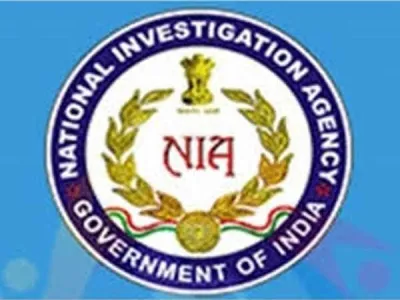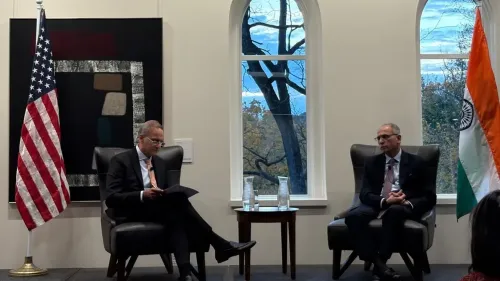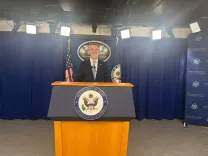Has NIA Intensified Its Search in Punjab Against the BKI Terror Network?

Synopsis
Key Takeaways
- The NIA conducted searches across 15 locations in Punjab.
- Operations target the Babbar Khalsa International terror network.
- Seized materials include digital devices and documents.
- The investigation focuses on a grenade attack in Gurdaspur.
- Harpreet Singh is a key figure in the conspiracy.
New Delhi, May 16 (NationPress) In a significant operation targeting terror activities associated with the outlawed Babbar Khalsa International (BKI), the National Investigation Agency (NIA) executed extensive searches at 15 locations throughout Punjab on Friday, according to an official statement.
This operation is part of a continuing investigation into a grenade attack that occurred at a police station in Gurdaspur district in December 2024, as noted in a press release from the NIA.
The searches took place in the districts of Gurdaspur, Batala, Amritsar, and Kapurthala. During these raids, the NIA recovered various incriminating materials, including digital devices, mobile phones, and documents believed to be linked to the case, according to the agency’s announcement.
The investigation has highlighted a network spearheaded by Harpreet Singh, alias Happy Passia, a US-based BKI operative and gangster, who is viewed as a critical connection in a larger conspiracy that encompasses both domestic and international elements.
The NIA claims that Happy, a close aide of Pakistan-based BKI terrorist Harwinder Singh, alias Rinda, has been allegedly orchestrating multiple grenade attacks on police establishments in Punjab and Haryana.
The agency disclosed that the suspect arrested in relation to the Gurdaspur grenade attack was operating under the guidance of Happy and his associate Shamsher Singh Shera, alias Honey, along with other operatives located overseas.
These individuals are thought to coordinate with handlers in nations such as Pakistan to facilitate terrorist activities within India.
The NIA's findings indicate that the BKI network is actively engaged in recruiting and training operatives domestically, while supplying them with financial backing, weapons, and explosives via cross-border channels.
This transnational conspiracy aims to undermine internal security and execute targeted assaults on Indian territory.
The ongoing investigation is being conducted under a case registered at the behest of the Ministry of Home Affairs.









